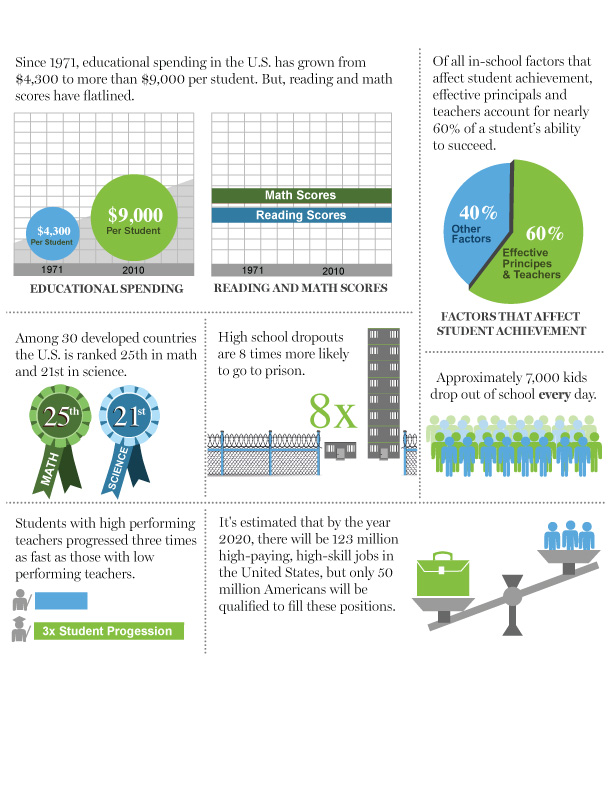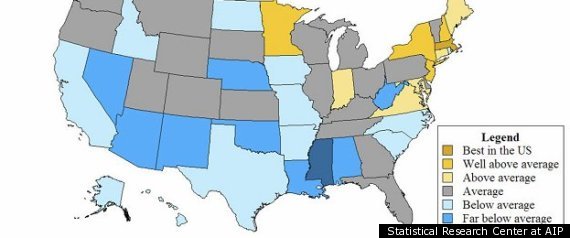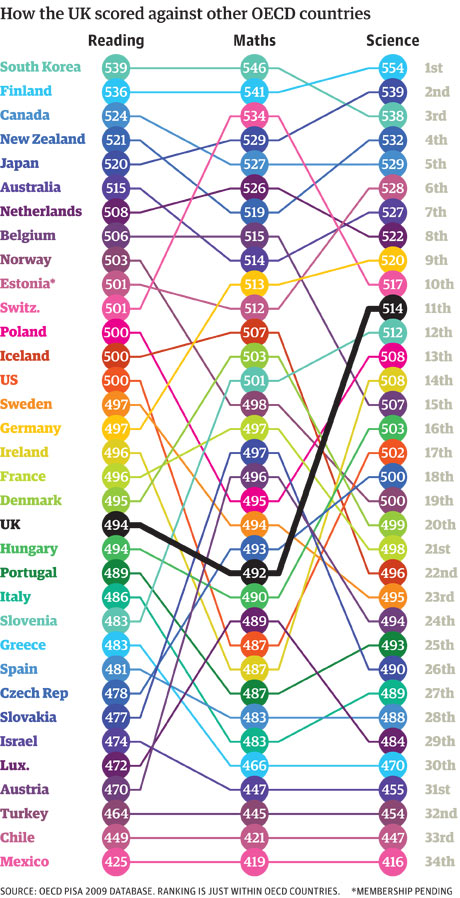ladyfreckles
Acrobat
I went to a private high school and they had a program where as long as my town's public high school accepted the credits I could get a diploma from there. That's what I did. But at either school, a 4.0 would not get you anything. A 4.0 with active sports alone would not get you into a good private college because my town had a terrible reputation.
I graduated in 3 years (doubling up one year on classes) with a 3.7 GPA. The only reason I did not get a 4.0 was because my freshman year I messed up really badly and got straight Ds and Cs for half of the year (my mom died and I stopped putting effort into school). I cleaned up and maintained a straight A record after that. Even still, despite getting better SAT scores than 80% of students and better ACT scores than 70% of students I was rejected from a couple of my ideal colleges. I was even the captain of the chess team and had several volunteer job positions at my school backing me up.
Grades don't make you special. I know plenty of 4.0-5.0 people that weren't very smart.
As for the guy's speech regarding being special, while I agree with him on that, I disagree with his unrelated tangents and the tone he went about it with. Seemed very... condescending/arrogant/"I'm always right" to me.
I agree with this and it's really sad. It permeates into the sports world, the writing world, and even the computer science/programming world. One of the least knowledgable people (regarding computers) I had ever met had a PhD in computers science and a 97-100% average all throughout college. Fantastic grades, absolutely horrible real life skills and intuition. It's reached a point where so much value has been put on grades that they have become meaningless.
The other problem is making success about conforming. The college I went to had some really hard courses. You were expected to get your work done, stand out from your classmates, learn and understand the material (tests were designed to prove understanding rather than memorization), etc. I transferred to a new college where the only way to get good grades was to do homework, show up in class, do a bunch of unnecessary projects that taught nothing, and do a simple multiple choice test at the end of the semester.
I was bored out of my mind and could not stand the lack of mental stimulation.
The education system in America is all kinds of messed up.
I graduated in 3 years (doubling up one year on classes) with a 3.7 GPA. The only reason I did not get a 4.0 was because my freshman year I messed up really badly and got straight Ds and Cs for half of the year (my mom died and I stopped putting effort into school). I cleaned up and maintained a straight A record after that. Even still, despite getting better SAT scores than 80% of students and better ACT scores than 70% of students I was rejected from a couple of my ideal colleges. I was even the captain of the chess team and had several volunteer job positions at my school backing me up.
Grades don't make you special. I know plenty of 4.0-5.0 people that weren't very smart.
As for the guy's speech regarding being special, while I agree with him on that, I disagree with his unrelated tangents and the tone he went about it with. Seemed very... condescending/arrogant/"I'm always right" to me.
The inflation problem and attitude that everyone has to feel awesome all the time permeates beyond school. In the world of German Shepherd dog trialing we have the same problem with Schutzhund (our sport of tracking, obedience, and protection). Scores are getting inflated and now getting a great score and a top TSB (fighting drive) rating no longer means anything because it doesn't set you apart. There was recently a good article in one of the Schutzhund magazines about how a few decades ago, a really good, strong dog got "G" (gut/good) and "SG" (sehr gut/very good) scores and the trainers/handlers were perfectly happy with that. Now everyone is obsessed with getting "V" (96-100) ratings and training dogs to be really flashy and precise. The training has certainly come a long way but the dogs themselves are weaker and dumber.
I agree with this and it's really sad. It permeates into the sports world, the writing world, and even the computer science/programming world. One of the least knowledgable people (regarding computers) I had ever met had a PhD in computers science and a 97-100% average all throughout college. Fantastic grades, absolutely horrible real life skills and intuition. It's reached a point where so much value has been put on grades that they have become meaningless.
The other problem is making success about conforming. The college I went to had some really hard courses. You were expected to get your work done, stand out from your classmates, learn and understand the material (tests were designed to prove understanding rather than memorization), etc. I transferred to a new college where the only way to get good grades was to do homework, show up in class, do a bunch of unnecessary projects that taught nothing, and do a simple multiple choice test at the end of the semester.
I was bored out of my mind and could not stand the lack of mental stimulation.
The education system in America is all kinds of messed up.



